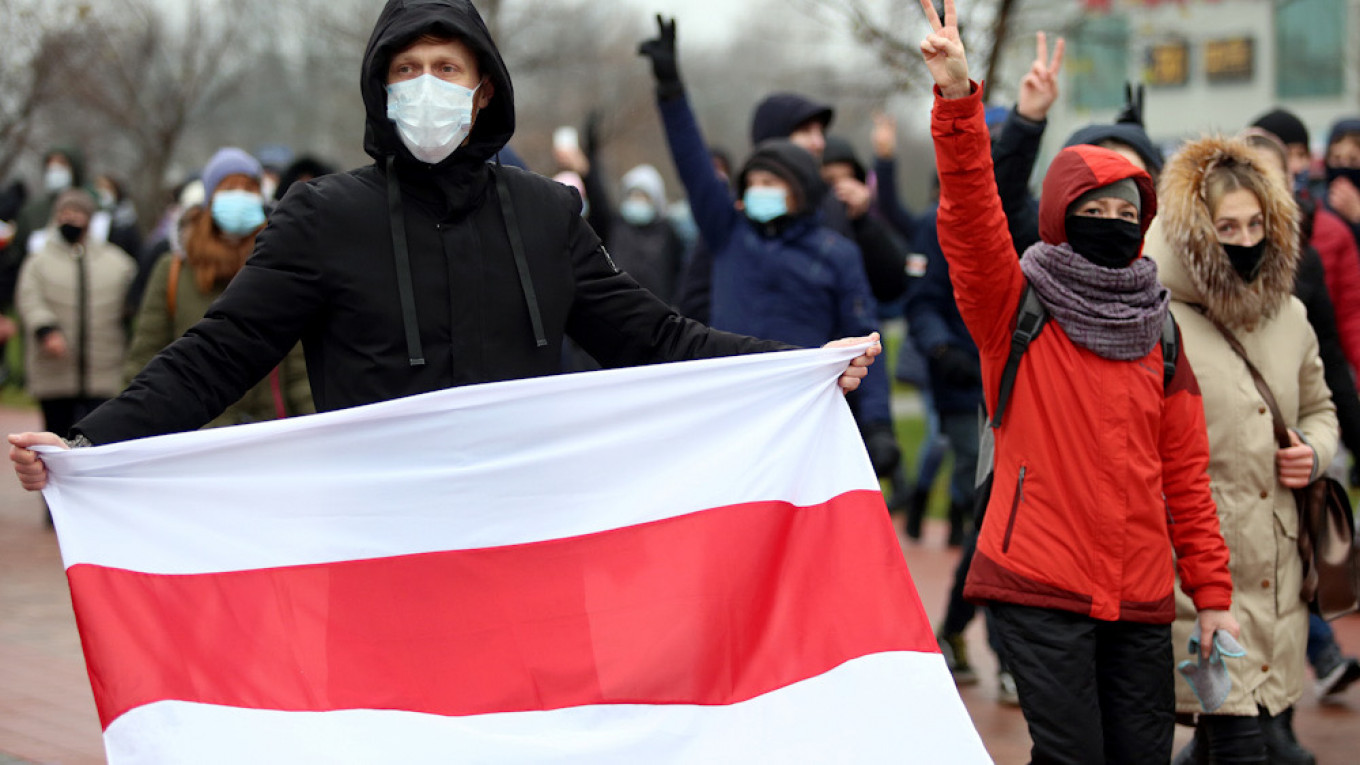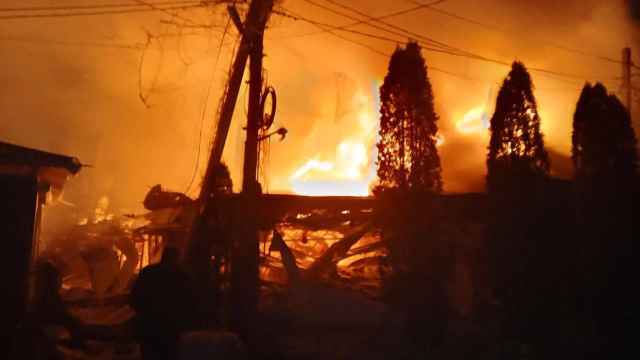Closing skies
The United States on Sunday said it has formally left the post-Cold War Open Skies treaty, which allowed 35 signatories including Russia to monitor rival militaries by flying unarmed surveillance flights over each other’s territory.
Russia’s Foreign Ministry said in response to Washington’s move that “all options are open to us.”
Tit-for-tat
Russia on Saturday imposed sanctions on 25 British officials, responding to penalties Britain imposed in July against the same number of Russians over human rights violations.
Britain sanctioned 25 Russian officials for their alleged involvement in the death of lawyer Sergei Magnitsky, barring them from traveling to the U.K. and freezing their British assets.
Jamón out
President Vladimir Putin on Saturday extended an embargo on Western food imports introduced in 2014 until the end of 2021, an economic measure that mainly affects EU imports.
Russian authorities have insisted that the sanctions have allowed it to develop its domestic industries including farming, thanks to substantial subsidies.
‘March against fascism’
Tens of thousands of Belarus opposition protesters took to the streets Sunday, the latest large-scale rally against President Alexander Lukashenko's disputed re-election more than three months ago.
Nearly 400 demonstrators were arrested by the police, according to the Viasna human rights center.
Vote of confidence
Putin doubled down on his refusal to congratulate the winner of the U.S. presidential election until the victor is officially confirmed and criticized the country’s electoral system in his first public comments since the Nov. 3 vote.
While Putin cited “problems” in the U.S. electoral system that disqualify Washington from “[pointing] their finger at flaws in other political systems,” he noted that he would work with either elected U.S. leader.
AFP contributed reporting to this article.
A Message from The Moscow Times:
Dear readers,
We are facing unprecedented challenges. Russia's Prosecutor General's Office has designated The Moscow Times as an "undesirable" organization, criminalizing our work and putting our staff at risk of prosecution. This follows our earlier unjust labeling as a "foreign agent."
These actions are direct attempts to silence independent journalism in Russia. The authorities claim our work "discredits the decisions of the Russian leadership." We see things differently: we strive to provide accurate, unbiased reporting on Russia.
We, the journalists of The Moscow Times, refuse to be silenced. But to continue our work, we need your help.
Your support, no matter how small, makes a world of difference. If you can, please support us monthly starting from just $2. It's quick to set up, and every contribution makes a significant impact.
By supporting The Moscow Times, you're defending open, independent journalism in the face of repression. Thank you for standing with us.
Remind me later.






